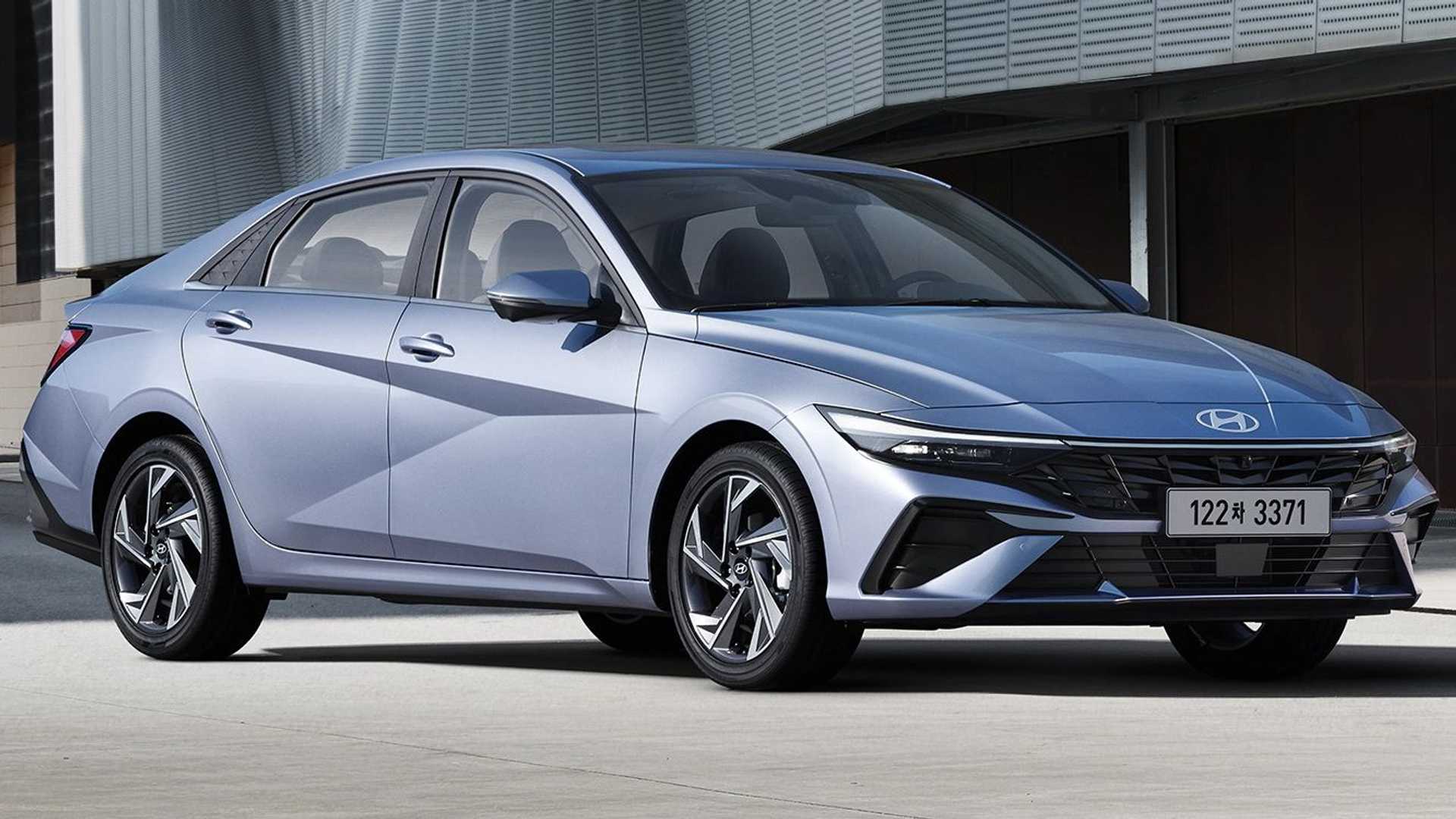Hyundai Sales Data, Trends, Analysis & Current Lineup for the Canadian Automotive Market
This is your hub for all of the Hyundai sales data for the Canadian market. Hyundai was introduced into the Canadian market in 1983 through Hyundai Auto Canada Corp., the Canadian subsidiary of the Korean automaker Hyundai Motor Company of Korea. Its corporate headquarters is located in Markham, Ontario. Hyundai’s Canadian dealership network has grown to approximately 192 locations nationwide.
Initially, Hyundai entered Canada with a focus on the then under-served entry-level market, providing economically priced, value-packed vehicles such as the Hyundai Pony, Stellar, and Excel. Over the years, with a focus on design, quality, and safety as well as heavy investment in research and development, the Hyundai has established itself as one of the top-selling foreign automakers in the country. In 2011, the company recorded its best sales year in Canada with a reported 129,240 vehicles sold. As you can see below, it has grown a lot since then.
Hyundai Canada Sales Figures & Recent Highlights
Even though the car market in Canada is declining, Hyundai still manages to sell their cars with great success. It is Canada’s fastest growing brand right now. Last year, Hyundai announced that their sales increased to 11% while the majority of the mainstream brands in Canada are in decline. Hyundai expects to increase their sales in this year when they introduce the 2020 Palisade, which is the brand’s top-of-the-line model. They are also introducing a new entry-level SUV which will arrive this fall.
Hyundai Canada sales have been increasing in recent years. In 2020, Hyundai Canada sales were 138,000 units. In 2021, Hyundai Canada sales rose to 152,000 units. And in 2022, Hyundai Canada sales increased further to 166,000 units. SUVs are the fastest-growing segment of the automotive market, and Hyundai offers a number of popular SUVs, such as the Tucson, Santa Fe, and Palisade. Hyundai has introduced a number of new models in recent years, such as the 2023 Hyundai Ioniq 5 and the 2022 Hyundai Santa Cruz. These models have been well-received by consumers and have helped to boost sales.
Hyundai Annual Sales, Growth & Market Share in Canada
Below we have a table that shows total Hyundai sales volumes for the Canadian automotive market, broken out by year. This data captures all Hyundai vehicle sales for the entire Canadian automotive market.
Hyundai Canada Annual Sales Units & Growth Chart
Below is a visual representation of Hyundai’s Canadian sales units over time. We have both the Hyundai sales units and the growth in the Canadian market. Click on the items in the legend to see each series by itself.
Hyundai Canada Growth Rate & Market Share Chart
Below is the annual growth rate for the Hyundai brand in Canada, shown against the Hyundai’s marketshare changes in Canada. This gives you a good look into how Hyundai has faired against the other brands in terms of absolute sales and effect on marketshare. Click on the items in the legend to see each series by itself.









